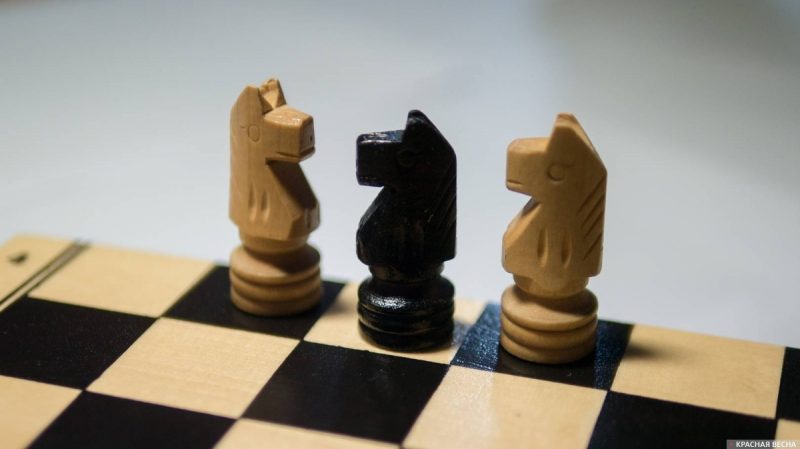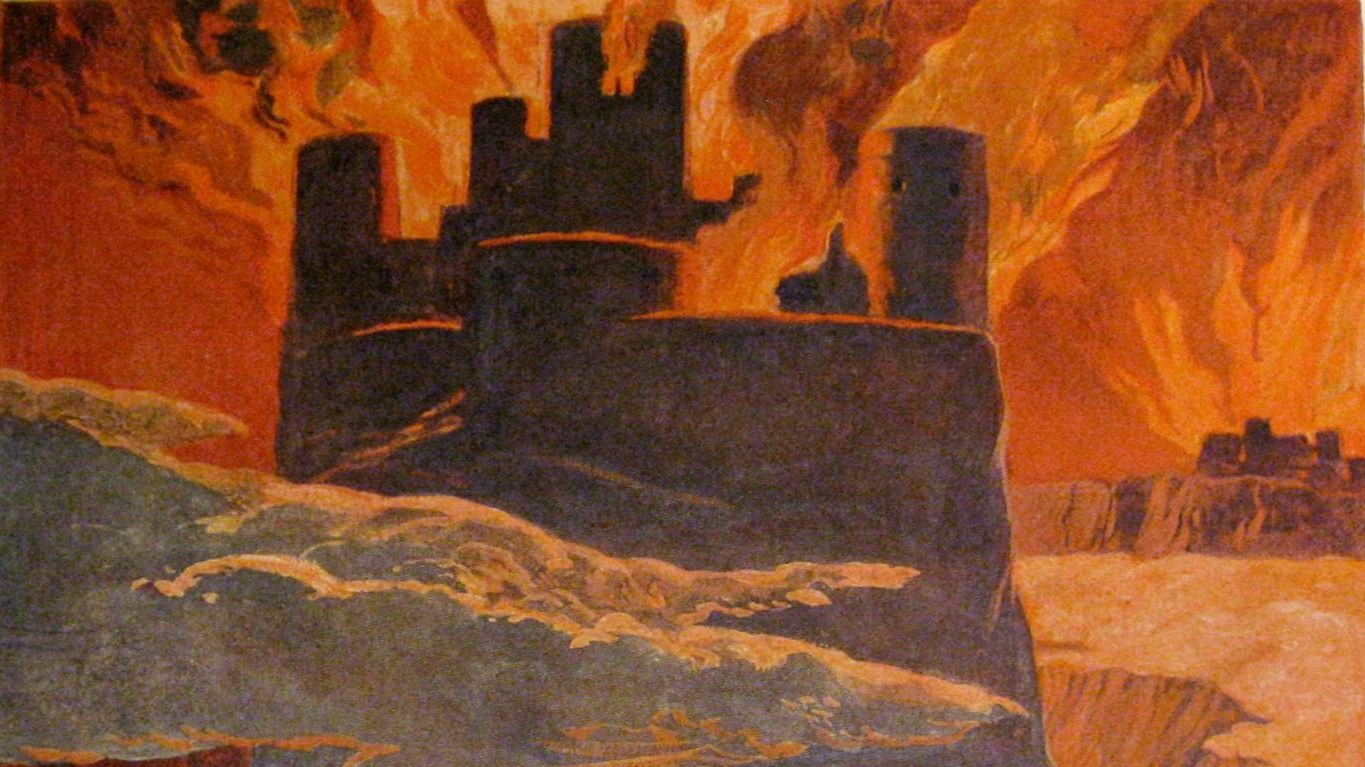28.05.2022, Moscow.
When news of a planned defense treaty between China and Australia’s Pacific satellite, the Solomon Islands, exploded in the political media space at the height of the Australian election campaign, the then ruling Liberal Party began accusing China of trying to interfere in the Australian election.
There may well have been considerable truth in this – the failure of the incumbent government to persuade or compel a neighbor that suddenly become obstinate clearly contributed to its defeat, and former Australian leader Scott Morrison has had a longstanding grudge against China, ever since it supported Trump in April 2020 and demanded that the WHO investigated the PRC’s culpability in the coronavirus pandemic. And the congratulations from the Premier of the State Council of China to the newly elected Prime Minister of Australia were seen as an olive branch extended to the new authorities.
But even then serious experts said that the Solomon Islands was only a trial balloon, and everything that is happening is a kind of advertising of China to the countries of the region. It seems that these assessments were justified.
On the night of May 26, Chinese Foreign Minister Wang Yi arrived in the Solomon Islands and until June 4 will visit seven other Pacific Island countries with which China has diplomatic relations. Moreover, a draft communiqué and five-year action plan sent by China to the 10 Pacific Islands ahead of the May 30 meeting of foreign ministers has reached Reuters reporters. It invites countries in the region to work together on policing, security and data transfer.
The Federated States of Micronesia publicly resented the proposal, fearing increased tensions in the region. Their government may even have acted prudently, since the USA, Australia and New Zealand are nervous, and they are nervous enough. This can be seen in the reaction to the Solomon Islands pact – on the one hand, the West promises to increase funding for the region… though in its trademark style, primarily to fund PR activities and anti-Chinese opposition (and therefore anti-government opposition, if the authorities decide to defect to China).
In this sense, China, which thanks to its economic power has funds for real investment in the region’s infrastructure and economy, behaves much more honestly, but by choosing it, Pacific leaders should clearly understand that they are raising the stakes in a big geopolitical game, where they themselves are only pawns. By receiving funding from China, they simultaneously become a target for the United States and its allies. And by the way, this is what the security treaty proposal is related to – it is the help in fighting coups that Oceania will need in the first place.
The authorities of the Solomon Islands clearly understand this and, shaking with their own audacity, are not shy to boorish Australia. It is still unclear how many of their neighbors will risk following their example.
One thing is certain – the coming months will not be boring in the region. Australia’s newly elected government has already had to prove it’s really ready to correct foreign policy mistakes in the region – Foreign Minister Penny Wong is hastily flying to Fiji, seeking to overtake Wang Yi. Let’s see if she can achieve something or if Australia’s loss of influence in the region is already irreversible.
By the way, does the situation in Oceania remind Russia of anything?
Translated from https://t.me/shotday/304




